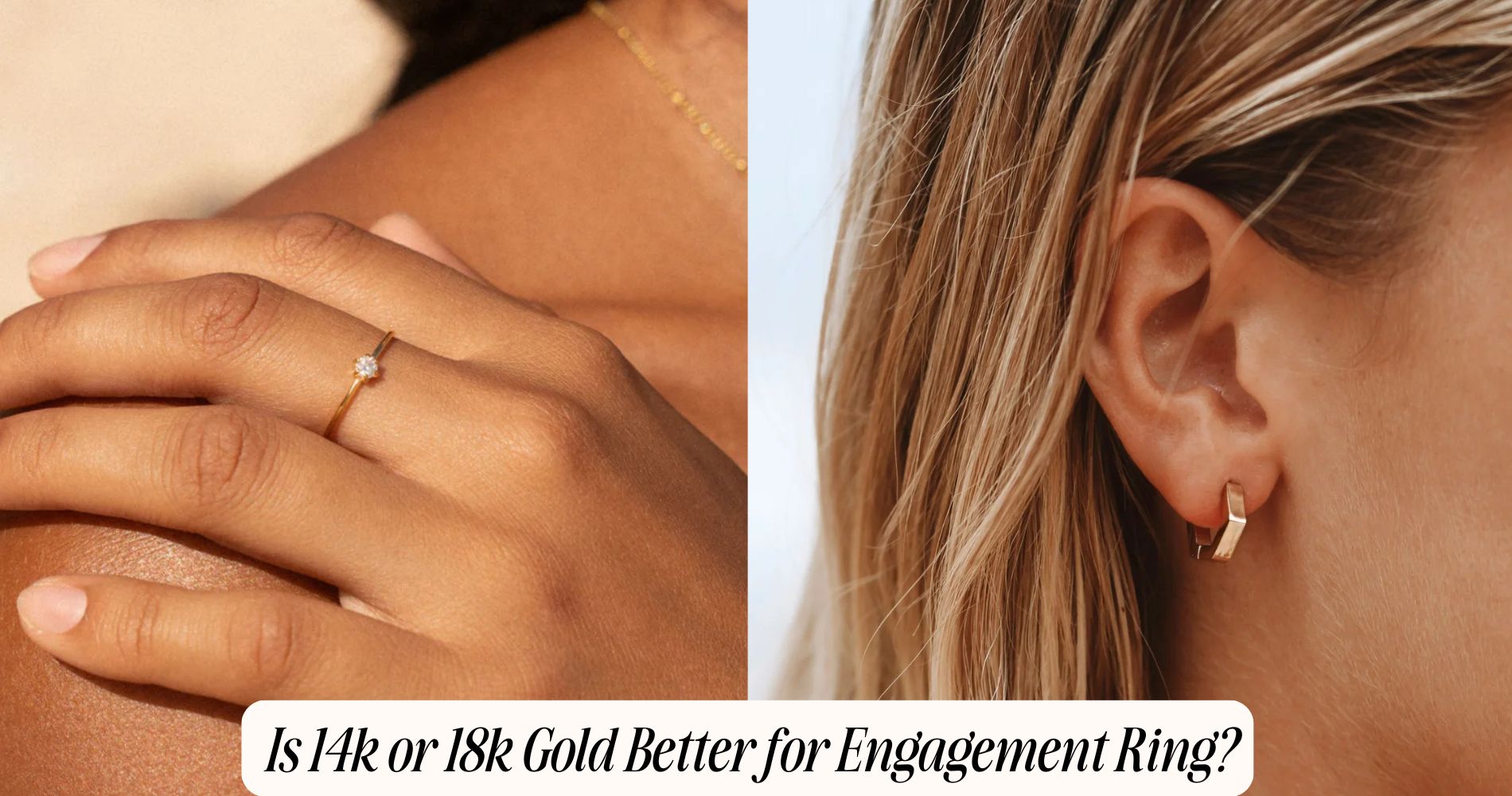
Is 14k or 18k Gold Better for Engagement Ring?
If you’re wondering is 14k or 18k gold better for engagement ring shopping, the answer depends on your priorities. For those who value durability and affordability, 14k gold stands out with its higher alloy content, making it more resistant to scratches. On the other hand, 18k gold, with its richer gold composition, offers a more luxurious shine but is softer and more prone to wear. Your lifestyle, daily activities, and budget all play a key role in the decision. For timeless designs that strike the right balance, explore our Minimalist Gold Rings.
Understanding Gold Karat Measurements
When choosing gold for engagement rings, understanding gold karat measurements is essential. The karat scale, ranging from 1 to 24, evaluates gold purity, with 24 karats representing pure gold. Each karat indicates a 1/24th part of the whole, meaning higher numbers correspond to greater purity.
However, pure gold’s softness makes it impractical for jewelry, hence the common use of alloyed gold.
On the karat scale, 18k gold, at 75% purity, offers a balance between durability and luster. It’s less prone to scratches than higher-purity options.
Meanwhile, 14k gold contains 58.3% gold, enhancing strength while maintaining a rich appearance. Evaluating these factors allows you to choose gold that meets both aesthetic and practical needs, ensuring long-lasting beauty and resilience in your engagement ring.
The Composition of 14k Gold
Exploring the composition of 14k gold reveals a fascinating blend of materials that reinforces its suitability for engagement rings.
With a gold purity of 58.3%, 14k gold combines durability with the traditional allure of gold. The remaining 41.7% consists of alloy components such as copper, silver, nickel, or zinc. These elements are carefully chosen and mixed to optimize the metal's strength and color.
Copper enriches the gold with a warm tone, while silver introduces a subtle sheen. Nickel and zinc contribute to the metal's resilience, making it more resistant to wear and tear.
This balanced composition guarantees that 14k gold maintains its beauty and structural integrity, providing a practical choice for a long-lasting engagement ring.
Advantages of Choosing 14k Gold
Opting for 14k gold for engagement rings offers a blend of durability, affordability, and aesthetic appeal, making it an ideal choice for many.
With a composition of 58.3% gold and a balance of alloys, 14k gold is remarkably more durable than its higher-karat counterparts, which makes it resistant to scratches and dents—an essential factor for everyday wear.
Affordability factors play a significant role in its popularity; 14k gold is generally less expensive than higher-karat options due to its lower gold content, making it accessible for a wide range of budgets.
Additionally, 14k gold provides a variety of color options, including yellow, white, and rose, allowing you to choose the perfect hue to complement your personal style and preferences.
The Composition of 18k Gold
18k gold stands as a popular choice for those seeking a balance between purity and durability in engagement rings. Comprising 75% gold, it offers a higher gold purity compared to 14k gold, which contains only 58.3%.
This composition results in a luxurious appearance while still maintaining strength. The remaining 25% consists of alloyed metals such as copper, silver, or palladium, which enhance durability and contribute to color variations.
These alloyed metals can produce different hues, like a warmer yellow, a subtle rose, or a classic white, depending on the metal mixture. By selecting 18k gold, you achieve an elegant balance, enjoying both the richness of higher gold content and the practical benefits of added alloys.
Benefits of Opting for 18k Gold
When selecting an engagement ring, the composition of 18k gold plays a significant role in its appeal. With 75% pure gold, it offers a distinct luxury appeal compared to lower karats. The higher gold content gives the ring a rich, vibrant color, enhancing its aesthetic allure.
If you're drawn to sophistication, 18k gold's luster stands out, making it a preferred choice for those desiring exclusivity.
Additionally, 18k gold is beneficial for individuals with skin sensitivity. Since it contains fewer alloy metals, there's a reduced risk of allergic reactions, ensuring comfort for daily wear. This makes it a practical option for you if you've experienced irritation with other metals.
Comparing Durability: 14k vs. 18k Gold
Durability is a key factor when comparing 14k and 18k gold for engagement rings. The durability comparison hinges on gold's composition.
14k gold contains 58.3% pure gold mixed with stronger metals like copper and silver, enhancing its hardness. This makes 14k gold more resistant to scratches and bending, thereby boosting its wearability for everyday use.
In contrast, 18k gold consists of 75% pure gold, which increases its malleability, making it softer and more prone to scratches and dents.
If you're looking for a ring that withstands daily wear and tear, 14k gold might be the better choice. However, if you're willing to trade some durability for the richer gold content, 18k gold offers a luxurious alternative with slightly less wearability.
Aesthetic Differences Between 14k and 18k Gold
Although both 14k and 18k gold are popular choices for engagement rings, their aesthetic differences can considerably impact your decision.
14k gold, with its lower gold content, often exhibits a paler hue compared to the rich, warm tone of 18k gold. These color variations result from the differing alloy compositions: 14k gold contains more metals like silver and copper, creating a subtle, understated appearance.
In contrast, the higher purity of 18k gold enhances its vibrant yellow, offering a luxurious look.
When it comes to shine differences, 18k gold generally presents a more lustrous finish due to its higher gold content.
However, 14k gold maintains a durable sheen that resists tarnishing, providing lasting appeal for everyday wear.
Budget Considerations for 14k and 18k Gold
Why should you consider the financial aspect when choosing between 14k and 18k gold for an engagement ring?
Understanding the cost implications is essential for making an informed decision. A cost comparison reveals that 14k gold is generally more affordable than 18k. This price difference arises from the higher gold content in 18k, impacting its price point.
If you’re seeking budget flexibility, 14k gold allows you to allocate funds elsewhere, perhaps for a more intricate setting or a higher-quality gemstone. Conversely, if your budget permits, opting for 18k gold can offer a richer color and increased gold purity.
Ultimately, evaluating your budget constraints and priorities will guarantee you select the gold type that aligns with your financial goals.
Making the Right Choice for Your Lifestyle
While budget considerations are important, it's equally essential to evaluate how your lifestyle factors into choosing between 14k and 18k gold for an engagement ring.
If you're active or work with your hands, 14k gold, with its higher alloy content, offers more durability and scratch resistance. This makes it a practical choice for those whose lifestyle choices require a robust ring.
However, if your personal preferences lean towards a richer, more vibrant gold hue, 18k gold could be more appealing. Its higher gold content results in a luxurious appearance, albeit with slightly less resilience against wear.
Analyzing your daily activities and environment will guide you in selecting the gold type that best suits your lifestyle, ensuring both longevity and satisfaction with your choice.
Frequently Asked Questions
How Does 14K Gold Affect Those With Metal Allergies?
If you have metal sensitivity, 14k gold may cause reactions due to its higher alloy content. Consider allergy testing to determine specific sensitivities. Lower purity gold contains more nickel, potentially triggering allergies in susceptible individuals.
Can 18K Gold Be Resized Easily?
Yes, you can resize 18k gold easily due to its malleability. However, compare its durability to 14k gold; 18k is softer, which might affect the resizing process and long-term wear resistance. Choose wisely.
Is 14K Gold More Environmentally Friendly Than 18K Gold?
Yes, 14k gold can be more environmentally friendly due to less gold content, reducing the demand for gold sourcing methods. Its production involves less gold, potentially lowering the environmental impact compared to the more gold-intensive 18k gold.
Does 18K Gold Require Special Cleaning Methods?
18k gold doesn't require special cleaning techniques. You can maintain its shine using mild soap and warm water. Regularly polish with a soft cloth. Avoid harsh chemicals to prevent damage, ensuring your ring stays brilliant.
Are There Cultural Preferences Between 14K and 18K Gold?
Cultural preferences for 14k or 18k gold depend on regional trends and cultural symbolism. In some cultures, 18k signifies luxury and status, while others favor 14k for practicality and durability. Consider these factors when choosing your ring.
Conclusion
When choosing between 14k and 18k gold for an engagement ring, consider your lifestyle and preferences. If you prioritize durability and a budget-friendly option, 14k gold is ideal due to its higher alloy content. Conversely, if you desire richer color and higher purity, opt for 18k gold. Both have unique aesthetic and financial implications, so weigh these factors carefully to make an informed decision that aligns with your personal and financial priorities.


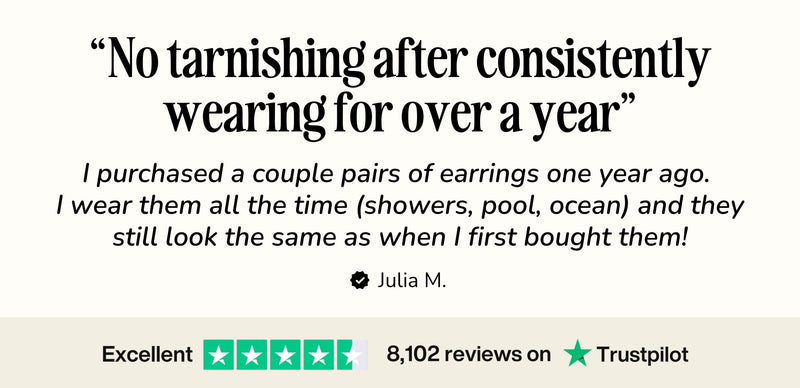







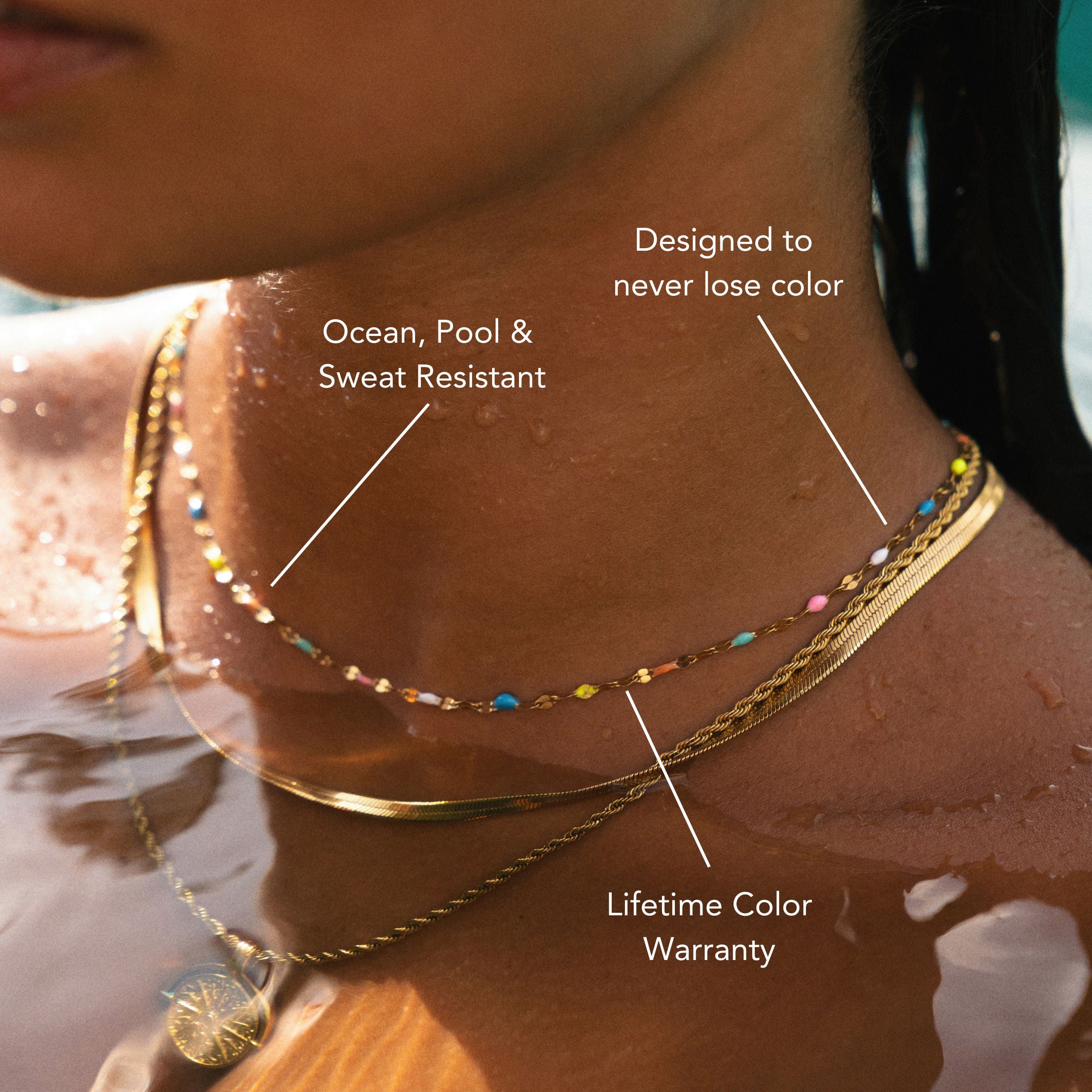
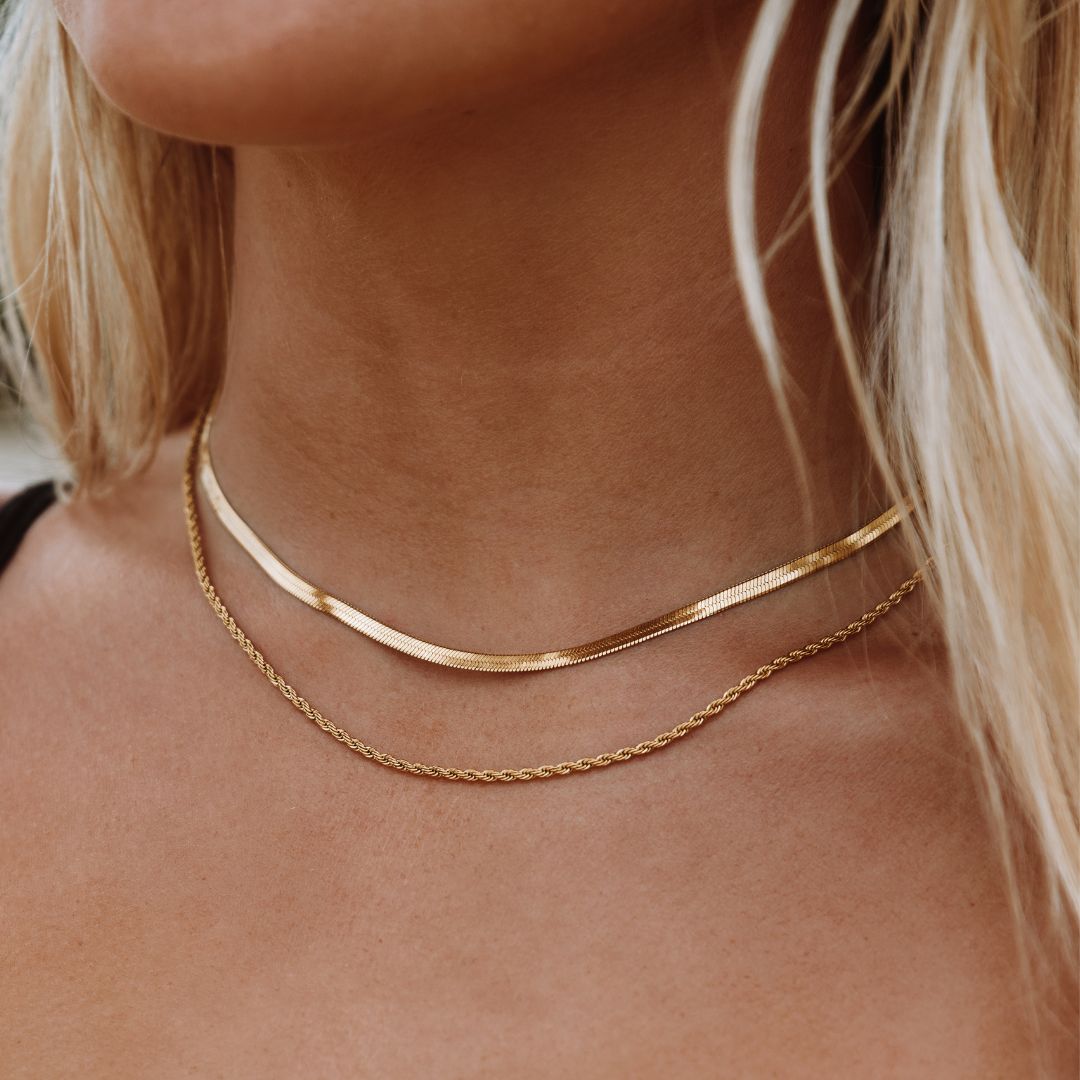



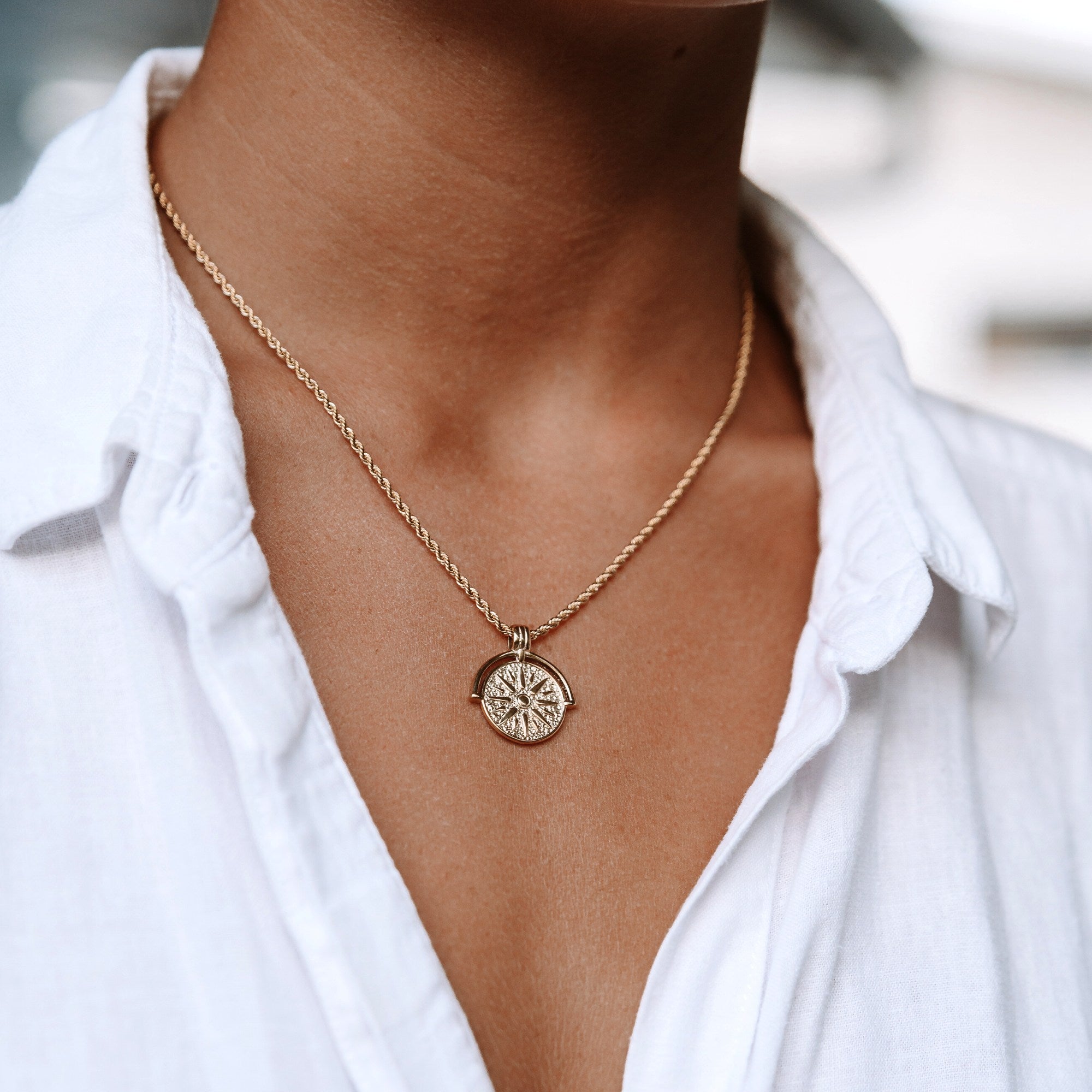

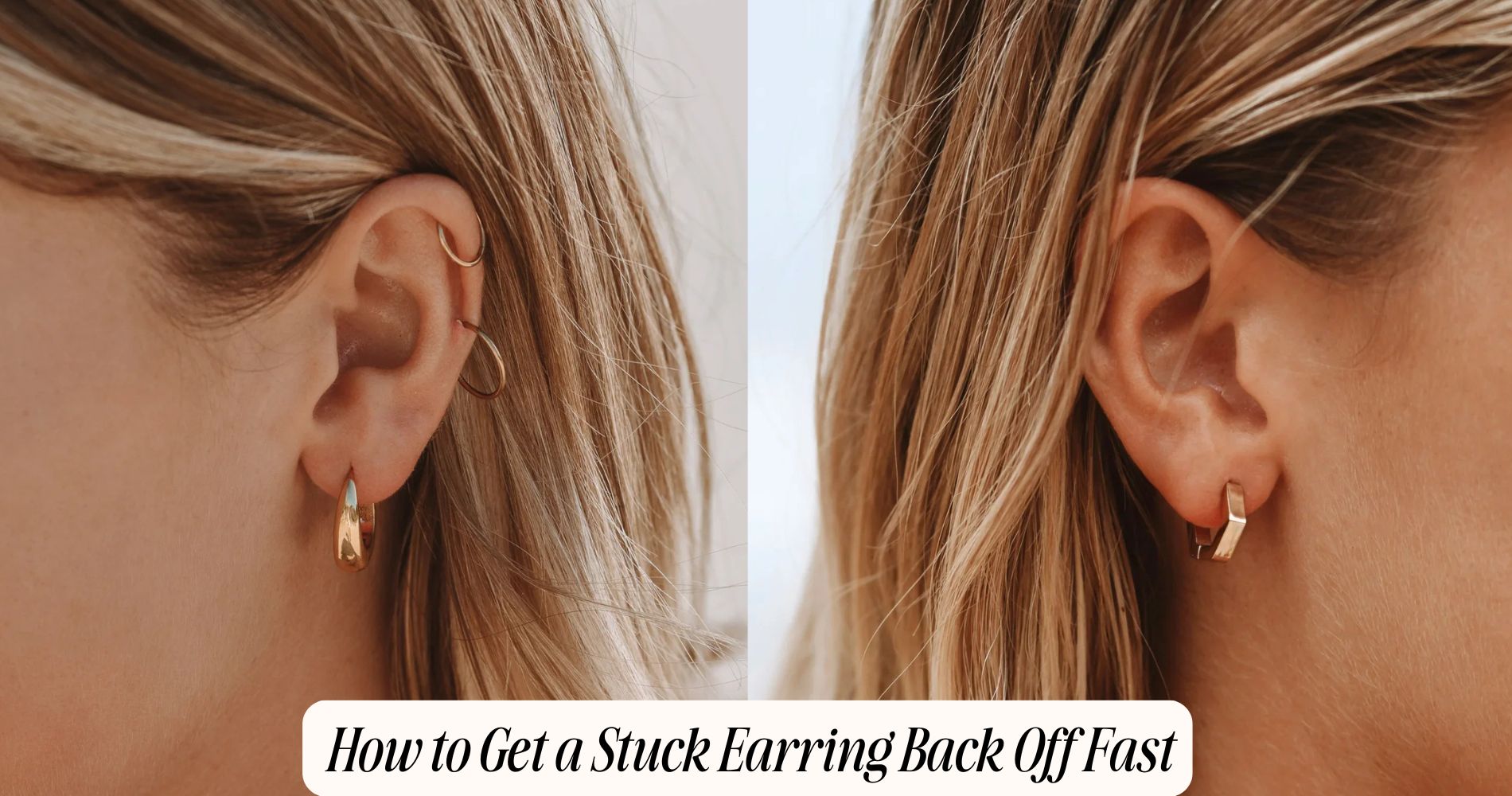
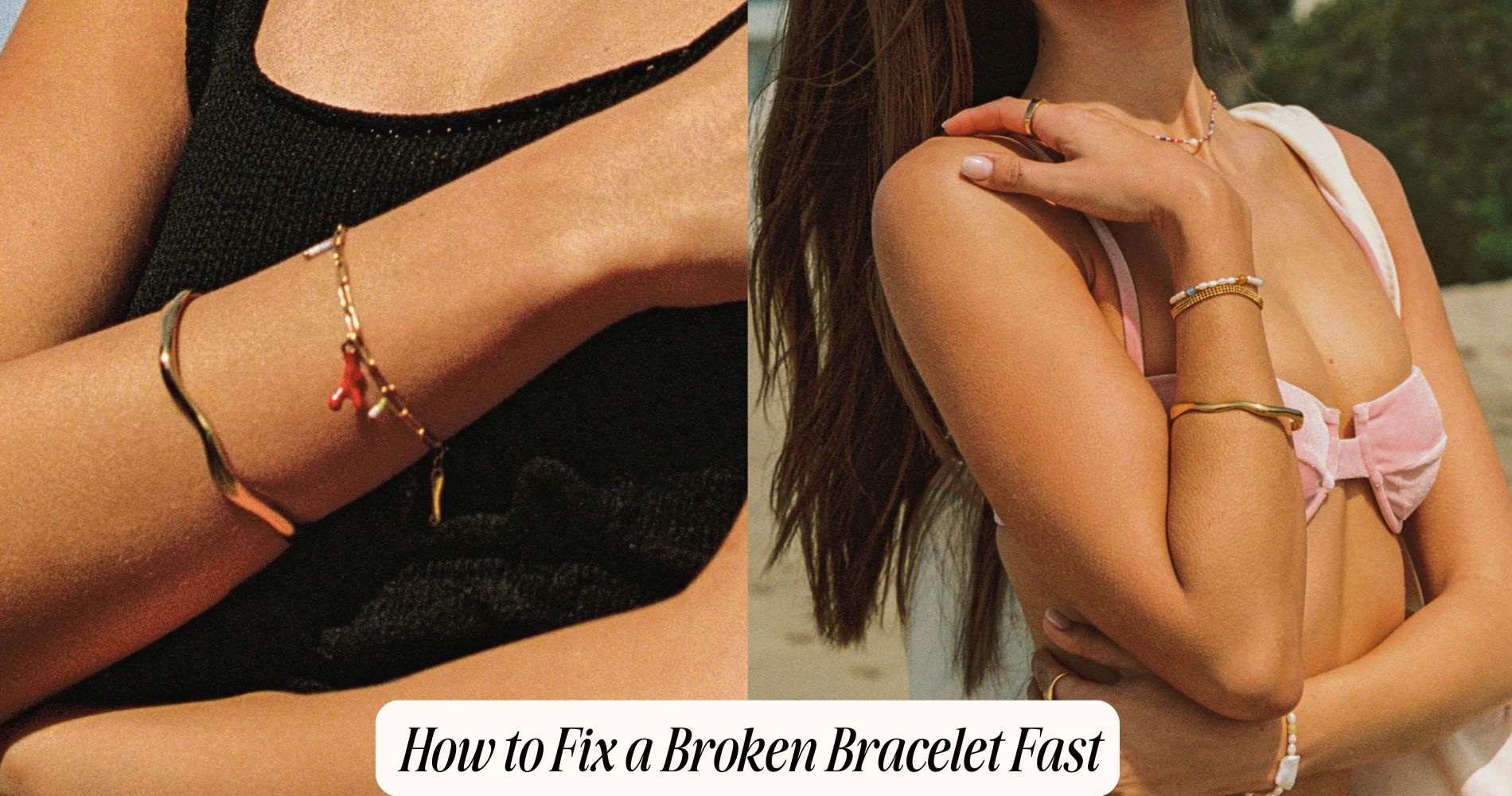




Leave a comment
This site is protected by hCaptcha and the hCaptcha Privacy Policy and Terms of Service apply.